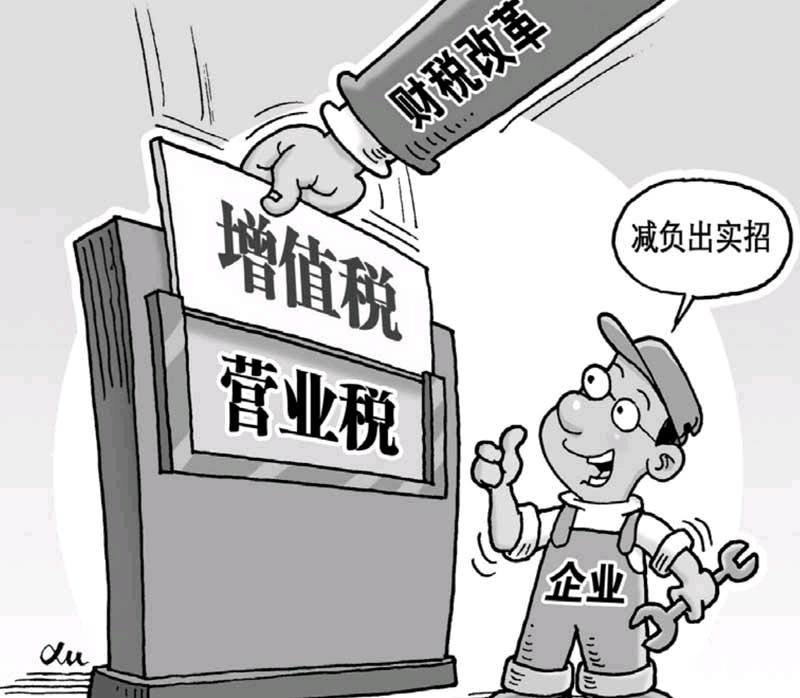China’s VAT Rebate Reform Aims to Boost Local Government Fiscal Strength
2017-01-10
Chinas central government will give fixed rebates on value-added taxes (VATs) to local governments beginning this year — a bid to beef up the local governments fiscal strength while tightening rules to hold them responsible for debt obligations amid slowing growth.
Previously, the central government handed 30% of annual increases in revenues from VATs back to local authorities, which critics say has failed to narrow regional income gaps because more-developed regions usually had faster VAT growth and therefore enjoyed larger rebates.
Starting this year, though, a fixed amount will be returned, according to a statement from a meeting of the State Council, Chinas cabinet, presided over by Premier Li Keqiang on Tuesday(Nov. 29).
The statement, posted on the central governments website on Wednesday (Nov. 30), also vowed to "appro- priately resolve the problem of fiscal shortfalls in poor regions and gradually improve local governments fiscal capabilities" while Beijing allocates subsidies and other fiscal resources to different areas.
The move is part of Beijings ambitious overhaul to convert business tax to VATs to reduce burdens on companies and boost the service industry and economic growth.
The tax reform, which was broadened in May to cover all industries by including the construction, real estate, consumer and financial sectors, actually led to a decline in income for some local governments, and the fixed rebate could help compensate for that, Feng Qiaobin, a professor at the Chinese Academy of Governance, revealed.
"Part of the reason behind (the new policy) is to ensure the fiscal strength of local governments will not be undermined by the business-tax-toVAT reform," she said.
The reform is estimated to have increased central government fiscal revenues by 178 billion yuan ($25.8 billion) this year, which will be returned to local governments, Liu Kun, a vice minister of finance, said in October.
Fiscal revenue growth of some local governments has weakened sharply this year with slower expansion of the Chinese economy.
Meanwhile, local authorities have come under rising pressure to deal with their massive debts — accumulated through years of sometimes reckless borrowing to fund infrastructure projects to spur gross domestic product growth — as Beijing has said that it will no longer offer bailouts when defaults occur.
Under Chinas new budget law, local governments have been banned from using fundraising channels other than bond issuance in an attempt to increase transparency and contain risks.
杂志排行
中国经贸聚焦·英文版的其它文章
- China Eyes Yuan Outflows in Battle Against Sinking Currency
- Planned Technological Transformation of Agri cultural Sector Fails to Im press Farmers
- Digital Currency Overturns the World
- Latest Public Official Changes in China
- Exhibitions
- Li Xiaohong Former President of Wuhan University Appointed as Deputy Minister of education
